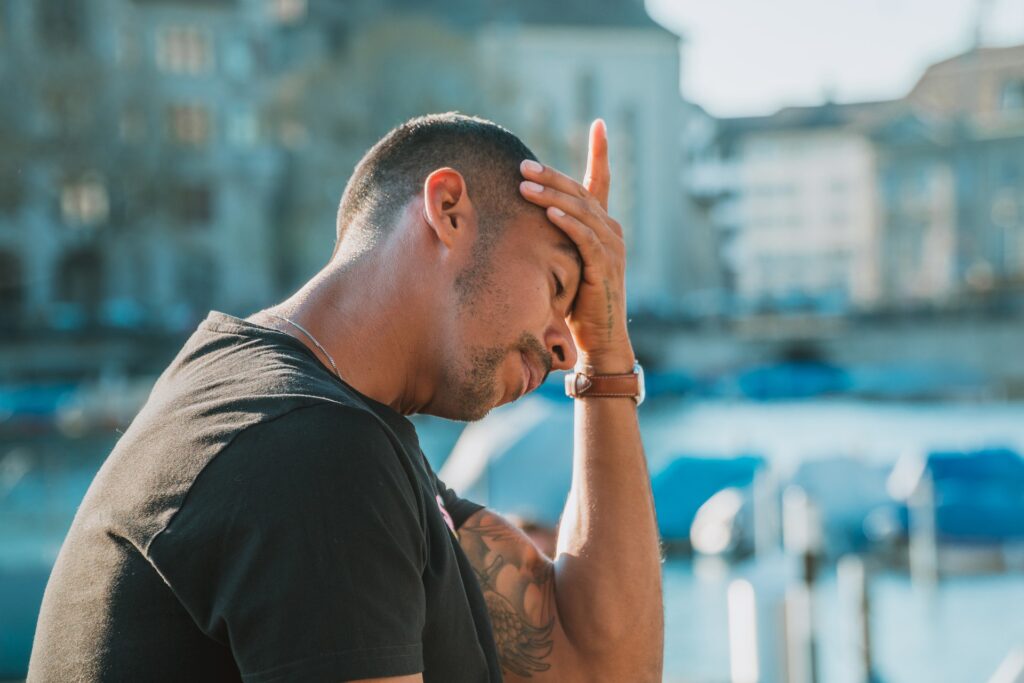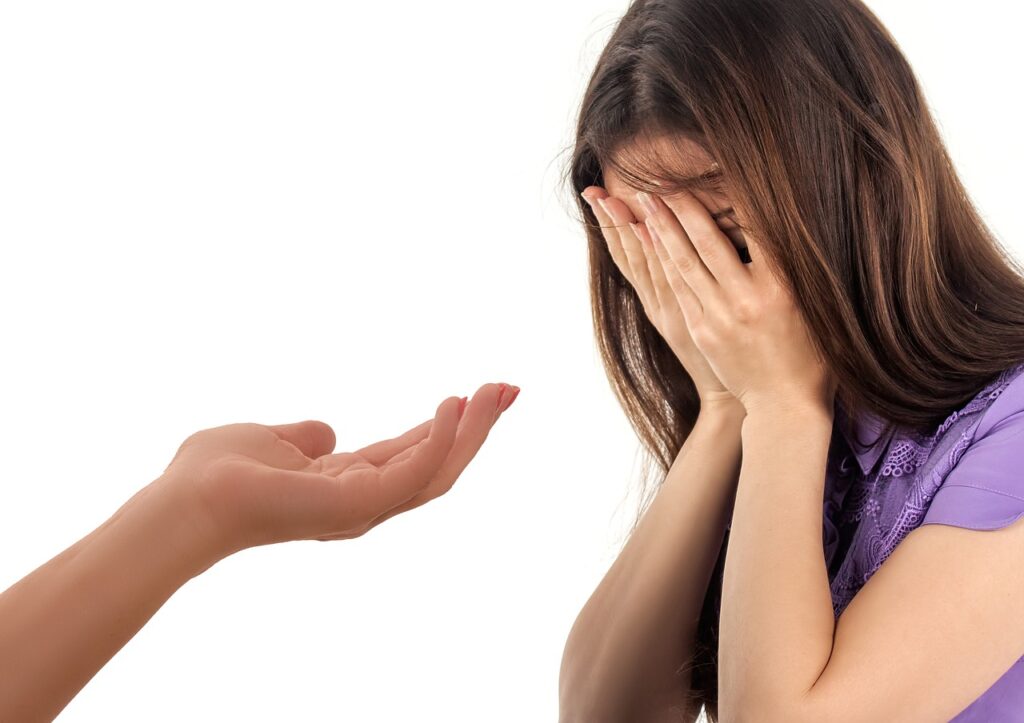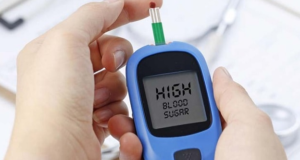Does your body feel weak and lethargic? Do you often feel weak and trembling in your knees? Does your body feels tired and feeble and you wonder why? You may be unaware that it can be anxiety what’s causing it.
Anxiety isn’t only messing with your mind, but also affecting your body. Although all of us have anxiety from time to time, chronic anxiety can disturb the quality of human life.
In this article, “Can anxiety cause muscle weakness?” we explore the link between anxiety and muscular weakness and how to cope with it in daily life. Read till the very end to learn more.
Also Check: Why Is My Anxiety Worse In The Morning?
Physical symptoms of anxiety
Anxiety not only affects your mental state but can also cause physical symptoms. Think about any past or recent anxiety attack you encountered. Did you experience any palpitations or increase heart rate? Was your body sweaty and shaky?
Well, anxiety can cause physical symptoms. It can affect health and daily life. The most common physical symptoms of anxiety disorder are as following:
- Nausea, stomach pain
- Increased heart rate (tachycardia)
- Palpitations, sweating profusely
- Headache
- Insomnia or trouble sleeping
- Weakness
- Trembling, Shaking
- Muscle tension, muscle pain
- Chest pain or discomfort
- Hyperventilation/ breathing rapidly
- Difficulty in breathing
- Feeling of choking
- Feeling dizzy or lightheaded
- Numbness or tingling
People may also feel dizzy or lightheaded when anxious. Some complaint of feeling sick to their stomach. A few might even faint. They might also feel anxiety weakness one side of body or the whole body.
You might even feel like reality is confusing (derealization) or feel like you’re detached from yourself (depersonalization).
Anxiety might also present as a panic attack. If you’re having a panic attack, you might feel suffocated or you are going to die. You might also have sharp excruciating chest pain. You can also have numbness or tingling sensations (pins and needles) in your body.
Also Check: Long Term Benzodiazepine Use for Anxiety
Can anxiety cause muscle weakness?

Many people suffering from anxiety complain of fatigue and weakness and gave this question in mind “Can anxiety cause muscle weakness?” Yes!! Anxiety can cause muscle weakness. Muscular weakness is a potentially serious and frightening symptom of chronic anxiety.
Anxiety can literally drain your body’s power. You might feel distressed, which can lead your mind to severe tension and worry. This will only make your anxiety worse. Finally, you might feel you do not have any physical strength left in you, leaving you weak and lethargic.
Muscle weakness in anxiety usually happens due to muscle tension, hyperventilation, fatigue, hormonal and blood flow changes during an anxiety attack. Your muscles tense up in response to stress and severe anxiety.
Also Check: Dog Separation Anxiety Medication Over the Counterety
Can stress and anxiety cause muscle loss?
A recent study showed that daily stress and anxiety are associated with muscle loss. There are two major adverse muscle-related outcomes of chronic stress. During chronic stress, your muscles might feel tense (muscle tension) and you might feel a decrease in lean muscle mass.
This may eventually lead to muscle atrophy (muscle loss) due to the disuse of the body muscle.
Also Check: What Kind Of Doctor Should I See For Anxiety?
Can anxiety make you shaky and weak?

Most people feel weak in their knees as if there is no strength left in their legs when they are nervous or anxious. This is because the anxiety of panic attacks can stimulate your fight-or-flight center in the brain. Stress hormones can increase your heart rate and cause your chest and other body muscles to be tensed and tightened.
Your whole body in response to stress becomes activated. Your muscles become super active leading to muscle trembling, shaking, and twitching. You might experience psychogenic tremors (tremors felt during anxiety).
Also Check: Depression and anxiety disability benefits
What is muscle weakness a sign of?
Muscle weakness is a very common complaint but there is a huge range of possible causes. People feel tiredness or reduced strength in their muscles.
Are you suffering from muscle weakness? Well, you might think it’s a symptom of your anxiety. Well, anxiety is one of the common causes of muscle weakness.
Nervousness or being afraid can cause your body to feel weak and tired. Daily psychological stress can also cause your body muscles to weaken and eventually lead to muscle loss.
Muscle weakness can be a sign of lack of exercise or aging. Muscle injury or pregnancy can also lead to muscle weakness.
There are many medical causes for muscle weakness. Chronic diseases such as diabetes, cardiovascular diseases can also eventually lead to muscle weakness. Other possible causes of muscle weakness include stroke, cancer, depression, fibromyalgia, and multiple sclerosis.
Muscle weakness at a very young age is a sign of either congenital muscle disorders or malnutrition.
If you feel fatigued or tired or you feel like your body has become very weak, it’s best to discuss your symptoms with your doctor.
Also Check: How to get a job with social anxiety
Can anxiety cause wobbly legs?
Anxiety might be a cause of your wobbly legs. During anxiety, you might feel your legs are so weak and wobbly that you think they might not be able to support you. When we are nervous, our legs might also feel jelly-like, rubbery-feeling, or even numb. But why does this happen?
Our body activates fight and flight responses when we are anxious. It gives an emergency boost to our body and also affects our leg muscles. This can cause a constant muscle tension anxiety effect making your legs feel weak.
This is why you feel like our legs are wobbly, weak, and shaky when we are nervous or anxious.
Also Check: Can I Get Disability For Depression And Anxiety?
How long does anxiety numbness last?
Anxiety might also cause numbness in your limbs. It usually subsides in a short time when your anxiety or panic attack subsides. However, in some cases, they may persist for up to 30 minutes or even longer.
Muscle weakness anxiety treatment

Try not to feel anxious or worry. Easier said than done, right? But worrying about your muscle weakness can it worse. Treating muscle weakness requires persistent commitment and patience as it is a tricky issue.
When caused by anxiety, it might not be as dangerous but living with muscle weakness can be really stressful. You can follow several simple strategies to decrease the feeling of muscle weakness.
Anxiety can trick your mind that your muscles are weak when actually they are not. Just go for a walk and/ or do some simple exercises. It won’t cure your condition but will definitely help in overcoming some of the stress.
Try to breathe slowly and deep. This will reduce the effects of hyperventilation. Take slow, concentrated, and deep breaths as long as 15 seconds per breath. This will also make your whole body relax and calm.
Most of the time it’s just your brain’s perception that you are weak and tired. Distract your mind and try not to focus on your muscles as much. Focusing or thinking a lot about your muscles can make them feel weaker than they actually are.
Distract yourself through phone calls, mental exercise, games, or other social activities. If you prefer yoga or stretching, you can always do that as well.
In case you wish to opt for more medical strategies, you can discuss your condition with your doctor. He might prescribe you anxiety-reducing medications and/ or therapies such as cognitive-behavioral therapy.
Also Check: Generalized anxiety disorder weight loss
Takeaway
If you worry a lot about your muscle weakness then STOP! You’re making it worse. Anxiety can feel overwhelming and make your whole body lose its strength. But you’re not alone. There are various ways to manage it and relieve the symptoms. This article aims to solve your questions related to physical symptoms of anxiety and can anxiety cause muscle weakness or not.
If your anxiety symptoms are affecting your everyday life to the extent you can function properly, it’s a good idea to see a doctor. Self-therapy for anxiety may also help.



